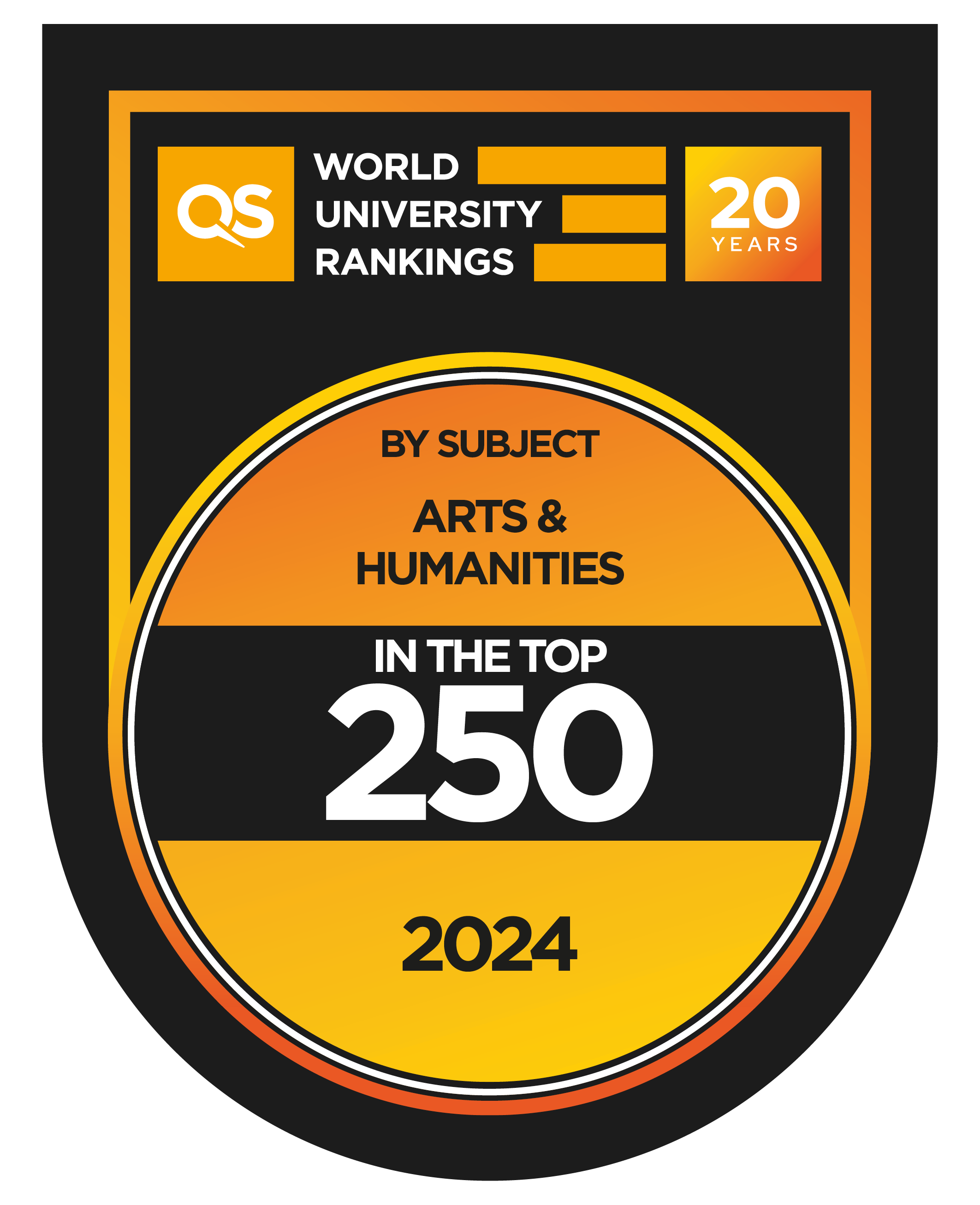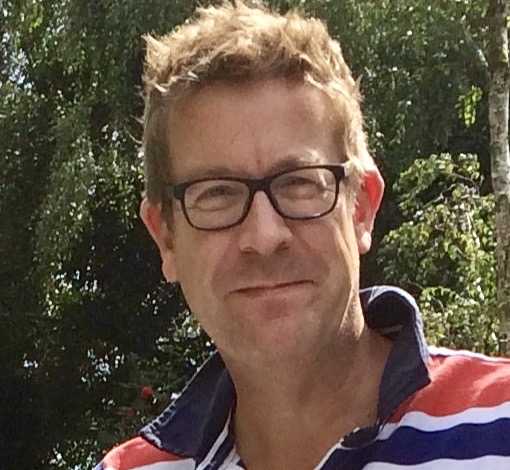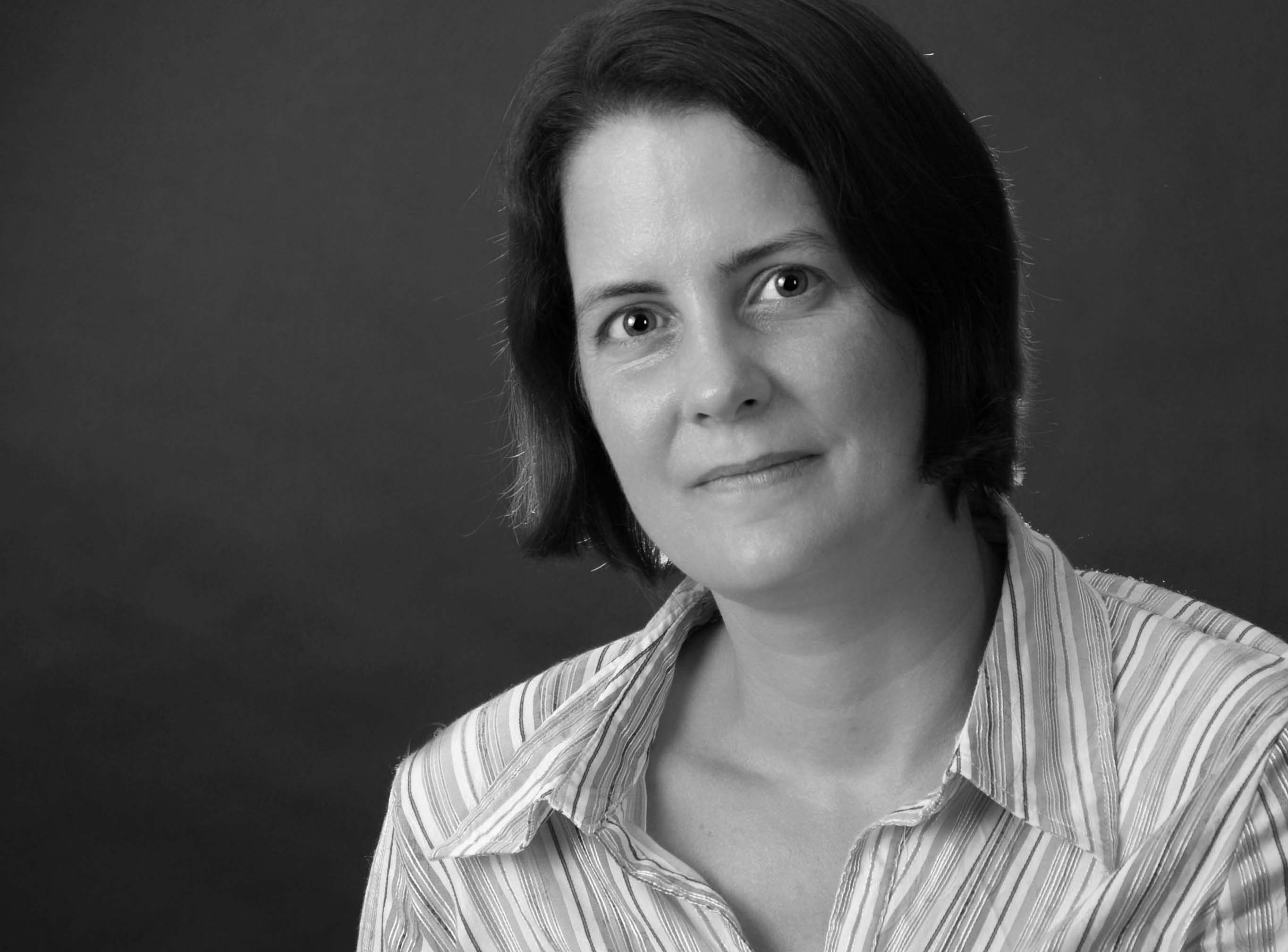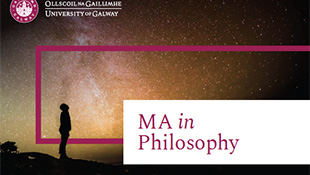-
Courses

Courses
Choosing a course is one of the most important decisions you'll ever make! View our courses and see what our students and lecturers have to say about the courses you are interested in at the links below.
-
University Life

University Life
Each year more than 4,000 choose University of Galway as their University of choice. Find out what life at University of Galway is all about here.
-
About University of Galway

About University of Galway
Since 1845, University of Galway has been sharing the highest quality teaching and research with Ireland and the world. Find out what makes our University so special – from our distinguished history to the latest news and campus developments.
-
Colleges & Schools

Colleges & Schools
University of Galway has earned international recognition as a research-led university with a commitment to top quality teaching across a range of key areas of expertise.
-
Research & Innovation

Research & Innovation
University of Galway’s vibrant research community take on some of the most pressing challenges of our times.
-
Business & Industry

Guiding Breakthrough Research at University of Galway
We explore and facilitate commercial opportunities for the research community at University of Galway, as well as facilitating industry partnership.
-
Alumni & Friends

Alumni & Friends
There are 128,000 University of Galway alumni worldwide. Stay connected to your alumni community! Join our social networks and update your details online.
-
Community Engagement

Community Engagement
At University of Galway, we believe that the best learning takes place when you apply what you learn in a real world context. That's why many of our courses include work placements or community projects.
Philosophy (MA)
Course Overview
The progamme aims to enhance students’ ability to articulate the transformational value of philosophical thought with respect to basic conceptual frameworks and specific ethical, societal and political issues. In doing so, it seeks to develop an understanding of the relevance of philosophical thought in diverse areas of public life. It does all this through critical analysis of key concepts and debates in cutting-edge contemporary Philosophy from both Analytic and European/Continental traditions.
Drawing on long traditions of philosophical thought, our modules aim to explore questions of values, forms of reasoning and modes of practice as they play out in personal, societal, and political contexts. The programme combines historical perspectives and contemporary critical debates to provide analytic and argumentative skills that are transferable into diverse areas of employment as well as being advantageous for further study in philosophy. A notable feature of the programme is that students are given the opportunity to organise a peer-reviewed international graduate conference. Within the Philosophy of Children component, students may have placement experience in Irish schools.
This MA programme is committed to a vision of philosophy as deeply engaged with the world around us today. The programme has the objective of enhancing the skills of its graduates in identifying questions, analysing arguments and working towards developing sound and cogent ways of transformative thinking with respect to contemporary technologies, political systems and structures of rationality.
-850x400.jpg)
Applications and Selections
Applications are made online via the University of Galway Postgraduate Applications System.
Who Teaches this Course
- Dr Lucy Elvis
- Dr Nora Ward
- Dr Orla Richardson
- Dr John O’Reilly
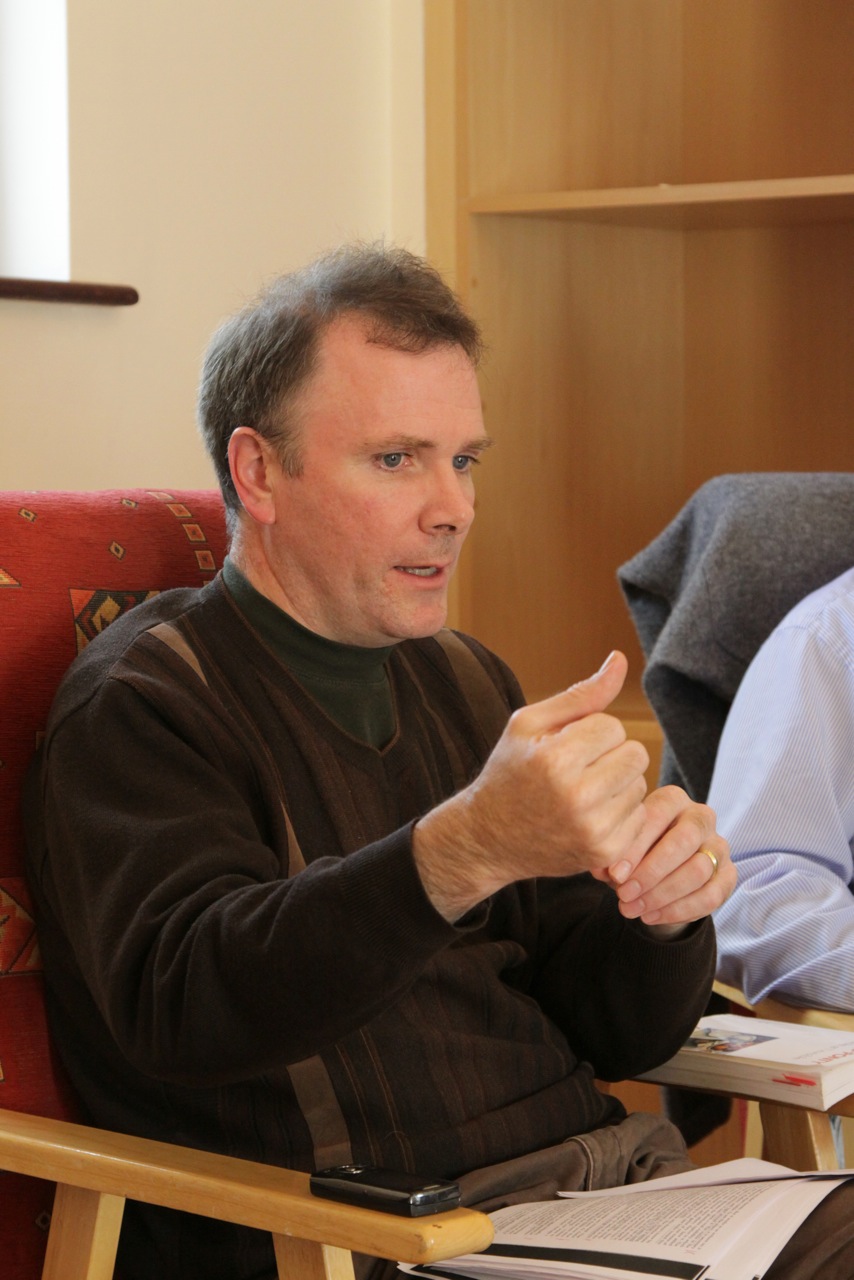
Dept. of Philosophy & COBRA
Morrisroe House
19 Distillery Road, Galway
View Profile
Requirements and Assessment
Assessment in the Philosophy courses is by essay, presentation and participation. The Dissertation has a limit of 15,000 words.
Key Facts
Entry Requirements
NQAI Level 8 at H2.2 in relevant subject area, GPA 3.0 or equivalent international qualification in Philosophy or a cognate discipline. IELTS score of 6.5 or equivalent if applicable.
Additional Requirements
Recognition of Prior Learning (RPL)
Duration
1 year full-time; 2 years, part-time
Next start date
September 2024
A Level Grades ()
Average intake
25
QQI/FET FETAC Entry Routes
Closing Date
No set deadline. Offers are issued on a continuous basis.
NFQ level
Mode of study
ECTS weighting
90
Award
CAO
Course code
MA-PHIL
Course Outline
The MA in Philosophy is a one-year full-time (or two-year part-time) master’s programme. This programme is designed around two main Streams: Public and Applied Philosophy and Post-Kantian European Philosophy. Students will be offered courses in these main areas covering topics such as the Ethics of Artificial Intelligence, the Values of Democracy, Civic Education and Philosophy for Children (P4C), Phenomenology of Emotions, Values and Culture and Philosophy of Nature. Courses will involve intensive reading of such philosophers as Kant, Schelling, Nietzsche, Heidegger, Rawls, amongst many others. Students will also have the option of doing courses in other MA programmes throughout the College of Arts, as well as self-directed learning on an agreed topic supervised by a member of the academic staff.
There are three compulsory courses: Dissertation (15,000 words) on the topic agreed with a member of the Academic staff of Philosophy, Research Methods and the Departmental Seminar.
Why Choose This Course?
Career Opportunities
Students on this course will graduate with a range of transferable skills such as Research and Investigative skills, Critical Reasoning, Communication skills, Facility with Arguments and Interpretive skills, which are valued by employers from a wide range of areas including consultancy, administration, cultural organisations, NGOs, public and social services, education, and journalism. It is also a great preparation for further PhD studies.
Who’s Suited to This Course
Learning Outcomes
Transferable Skills Employers Value
On the successful completion of this programme students will have:
- Developed skills needed for sustained critical reflection.
- Enhanced skills in the area of problem solving through engagement with difficult philosophical questions.
- Enhanced students’ skills in research, communication, and innovative thinking.
- Critiqued key concepts and debates in cutting-edge contemporary Philosophy [Interpretative Skills]
- Critically reasoned through identifying the general principles that connect problems and thereby evaluate the strengths and weaknesses of arguments [Critical Reasoning].
- Employed philosophical poncepts and ideas in analysing fundamental issues in the world today [Analytic Skills].
- Communicated difficult ideas in a clear and persuasive manner, while listening to others and understanding different points of view [Communication Skills].
- Articulated the transformational value of philosophical thought with respect to basic conceptual frameworks and specific ethical and political issues [Reflective Reasoning].
- Built complex arguments, which are persuasive through reasoning from premises to conclusions in a sound and cogent manner [Facility with Arguments].
- Developed an understanding of the relevance of philosophical thought in diverse areas of public life [Applied Reasoning Skills].
- Looked at problems from diverse points of view [Design and Planning Skills].
- Identified a problem and formulated questions relevant to clarifying an issue or a set of issues [Research and Investigation Skills].
Work Placement
Study Abroad
Related Student Organisations
Course Fees
Fees: EU
Fees: Tuition
Fees: Student levy
Fees: Non EU
Find out More
Professor Felix Ó Murchadha
T: +353 91 492 573
E: felix.omurchadha@universityofgalway.ie
Follow us on Twitter
Sign up to receive updates
2024 QS Subject Rankings: Top 250
